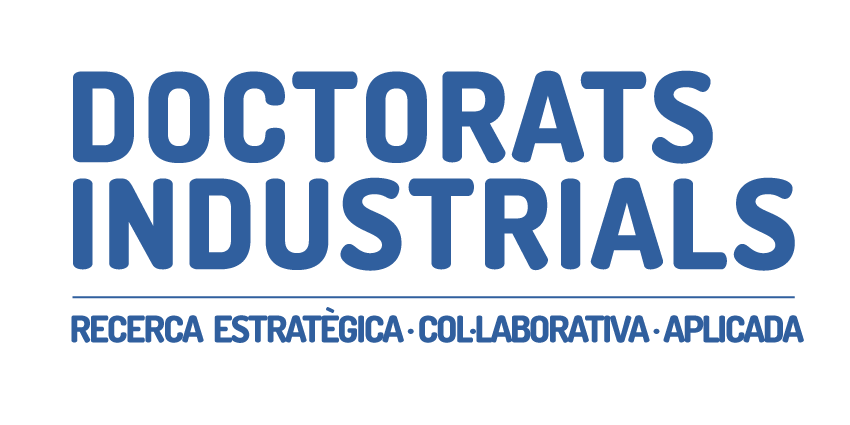Descripció del projecte
Heart failure is a very common, costly and potentially fatal condition. It affects around 2% of adults worldwide, and between 6 and 10% when referring to the elderly population. In Catalonia in 2018, cardiovascular diseases, including heart failure, were the first cause of death in women and the second in men, making prevention, diagnosis and follow-up a critical goal for health care systems. Patients suffering from heart failure require daily monitoring of specific body constants critical to professionals in order to assess their health state. However, symptoms of heart failure commonly include shortness of breath, excessive tiredness, and leg swelling, thus displacement to medical centers represents a caveat for such individuals. Recently, with the use of wearables and in-home medical devices, patients can collect data about their body constants and upload it to cloud services allowing medical professionals to assess each patient’s needs remotely, improving their quality of life and decreasing the health care system’s burden.
In this regard, HumanITcare has implemented a cloud platform that allows patients to upload data about their health status on a daily, and an AI-based alarm system that delivers health alarms when a patient’s biomedical measure is out of a predefined range. The platform relieves clinicians and caretakers of going through each patient’s data to check for anomalies, accelerating the decision-making process and reducing hospital visits by the patient. However, the system is creating many straightforward alarms that are finally being discarded after evaluation by the medical professional.
Nowadays, the company owns a dataset containing information on body constants, health questionnaire answers and alarm information (e.g. which alarms were critical for evaluating the patient’s health state or ended up in hospitalization) from hundreds of patients tracked during previous health care follow-up plans implemented in several national hospitals such as Hospital Universitario de Torrevieja, Hospital Universitari Dr. Josep Trueta, Hospital Clínic de Barcelona and Hospital Germans Trias i Pujol. In the present project, the historical dataset will be used to train Machine Learning (ML) models with the purpose of forecasting health measurements to later produce smart alarms assessing each patient’s health status, guiding clinicians in taking faster and better personalized clinical decisions.
Throughout the whole implementation, we will apply regulatory techniques in order to deliver medical and health care AI tools that are trustworthy and optimized for real-world practice. We will focus on fairness, robustness and explainability principles with the aim to have an integrative, multimodal and explainable AI solution.



